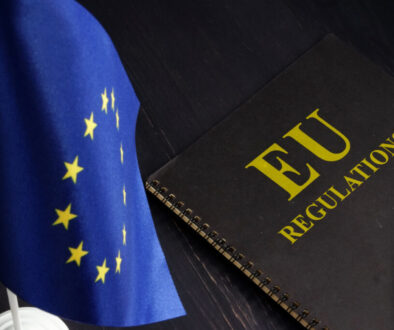Digital Fairness Act to target loot boxes and manipulative game design
The European Parliament’s Internal Market and Consumer Protection Committee has adopted a report urging the European Commission to address online harms to minors through the forthcoming Digital Fairness Act. With 32 votes in favor, 5 against, and 9 abstentions, Members of the European Parliament call for stricter measures against persuasive technologies, including targeted ads, influencer marketing, addictive design, loot boxes, dark patterns, and manipulative features such as infinite scrolling, autoplay, disappearing stories, and harmful gamification that drives engagement and spending by exploiting minors’ behavior.
The committee recommends harmonized age restrictions, proposing that video-sharing platforms and AI companions align with the EU’s de facto age 16 threshold applied to social media. While some Member States already set their own limits and platforms operate varied age policies, the report seeks to move from non-binding Digital Services Act guidance towards enforceable, EU-level obligations. This shift would reduce fragmentation and strengthen compliance expectations across providers active in the Union.
Crucially, MEPs support privacy-preserving age assurance systems but warn they must respect children’s rights, minimize data collection, and not relieve platforms of “safe by design” responsibilities. The emphasis on proportionality, necessity, and privacy by design reflects ongoing debates over digital ID, age verification, and human verification, where benefits of restricting access must be balanced against risks of intrusive identity checks and potential chilling effects.
The initiative follows broader EU enforcement trends, including action on AI risks, IP protection, and competition and privacy violations. For the games sector, measures targeting loot boxes and harmful gamification are likely to tighten compliance obligations, particularly for offerings accessible to minors. Providers should prepare for clearer standards under the Digital Fairness Act, reassess monetization mechanics, and implement robust, privacy-preserving age assurance and safety-by-design controls in anticipation of legislative follow-up by the Commission.



